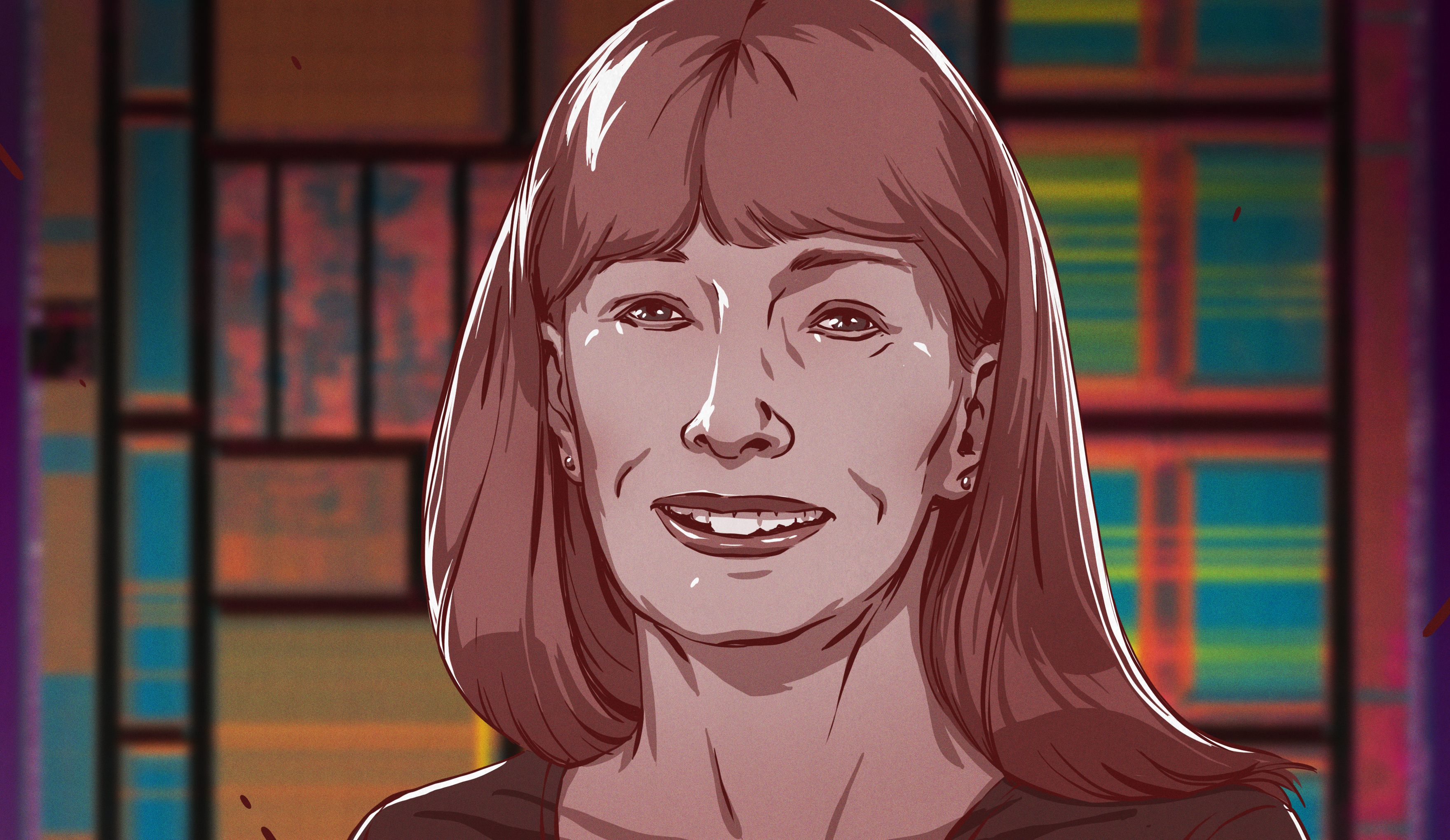RIP Lynn Conway, Whose Work Gave Us VLSI And Much More [Hackaday]

Lynn Conway, American engineer and computer scientist, passed away at the age of 86 from a heart condition on June 9th, at her Michigan home. Her work in the 1970s led to the integrated circuit design and manufacturing methodology known as Very Large Scale Integration, or VLSI, something which touches almost all facets of the world we live in here in 2024.
It was her work at the legendary Xerox PARC that resulted in VLSI, and its subsequent publication had the effect through the 1980s of creating a revolution in the semiconductor industry. By rendering an IC into a library of modular units that could be positioned algorithmically, VLSI enabled much more efficient use of space on the die, and changed the design process from one of layout into one of design. In simple terms, by laying out pre-defined assemblies with a computer rather than individual components by hand, a far greater density of components could be achieved, and more powerful circuits could be produced.
You may have also heard of Lynne Conway, not because of her VLSI work, but because as a transgender woman she found herself pursuing a parallel career as an activist in her later decades. As an MIT student in the 1950s she had tried to transition but been beaten back by the attitudes of the time, before dropping out and only returning to Columbia University to finish her degree a few years later in the early 1960s. A job at IBM followed, but when she announced her intent to transition she was fired from IBM and lost access to her family.
Rebuilding a career as a woman after losing everything in this way is hard, and something at which many trans women have struggled, but she successfully ascended through Memorex in the early 1970s to her work at PARC by the middle of the decade. She went on to a position in academia at the University of Michigan, and when faced with being outed around the millennium, she chose instead to come out herself. Over the following decades she successfully advocated for the rights of transgender people, and particularly those in the engineering and technology industries.
All Hackaday readers owe her a debt for her contribution to the technologies we make our own, and those of us who are transgender owe her a special thanks for being our very public advocate. As for IBM, they apologised for their treatment of her in 2020, by our reckoning about five decades too late.

![rip-lynn-conway,-whose-work-gave-us-vlsi-and-much-more-[hackaday]](https://i0.wp.com/upmytech.com/wp-content/uploads/2024/06/189734-rip-lynn-conway-whose-work-gave-us-vlsi-and-much-more-hackaday-scaled.jpg?resize=800%2C445&ssl=1)